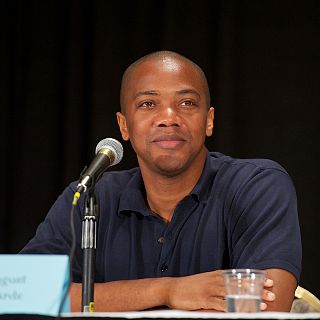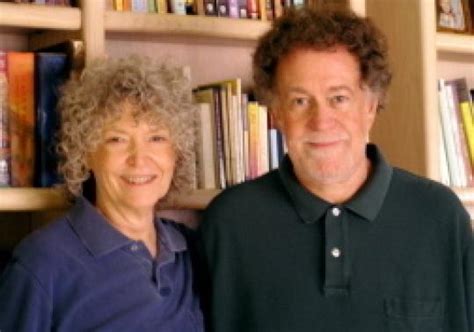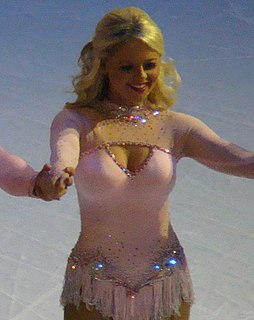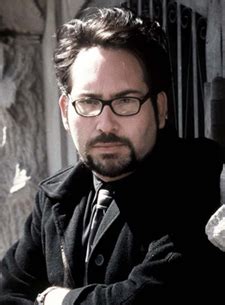A Quote by Arthur Bradford
I wanted to do a collection where the narrator is constant throughout, so that there's a little unity.
Quote Topics
Related Quotes
The ego, as a collection of our past experiences, is continually offering miserable lines of thought. It's as if there were a stream with little fish swimming by, and when we hook one of them there is a judgment. The ego is constantly judging everybody and everything. It has its constant little chit chat about things that can happen in the future, things about the past, too, and these are the little fish that swim by. And what we learn to do-this is why it takes work-is to not reach out and grab a fish.
When In The Style came to me asking if I wanted to do a collection, I said very clearly what kind of collection I wanted it to be, and the lovely thing was that they were looking to do the same kind of thing. I stated that I didn't want any retouching, and I want the women modelling the clothes to represent all women.
It's interesting, but because I have my own collection, I actually almost never purchase jewelry unless it's sort of playful, whimsical pieces that are more fashion, a little less investment-oriented. Most of my personal jewelry collection is from my own collection. The pieces that get layered in tend to be gifts from my husband.
The big tradition, I think, is unity. And I have that in mind; and with that, you know, you could break all the traditions- all the other so-called rules, because they are stylistic.. and most are not true. As long as the marks are related to one another, there is unity. Unity in the work itself depends on unity of the artist's vision.
I started collecting baseball cards and basketball cards when I was younger. I have a CD collection that turned into a DVD collection, and I have a Jordan shoe collection. And I don't drink, but I have a wine collection. I just started a sweatshirt collection. Every city that I'm in, I buy a sweatshirt. It's just something that I do.






































